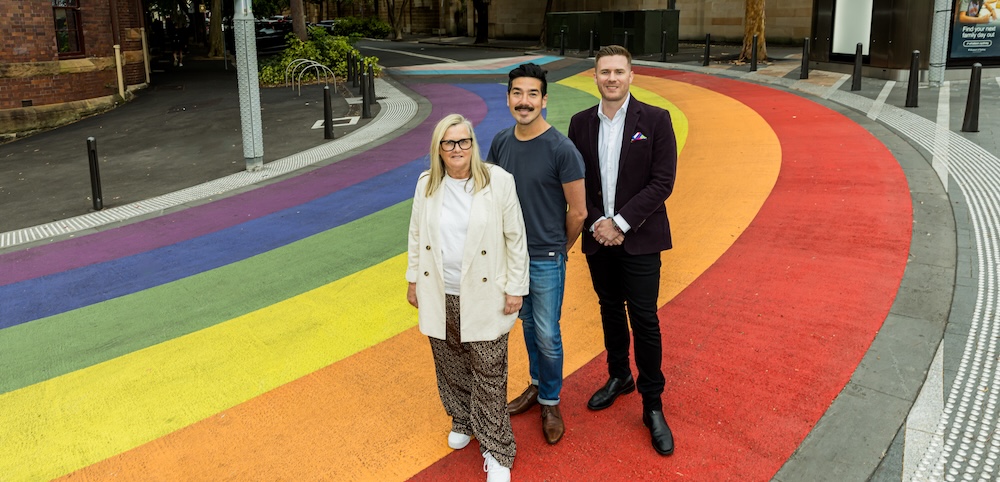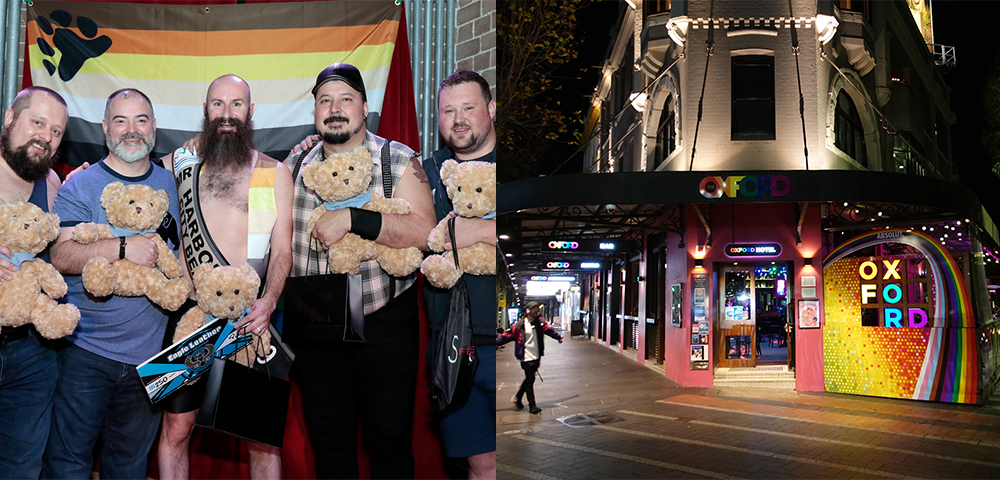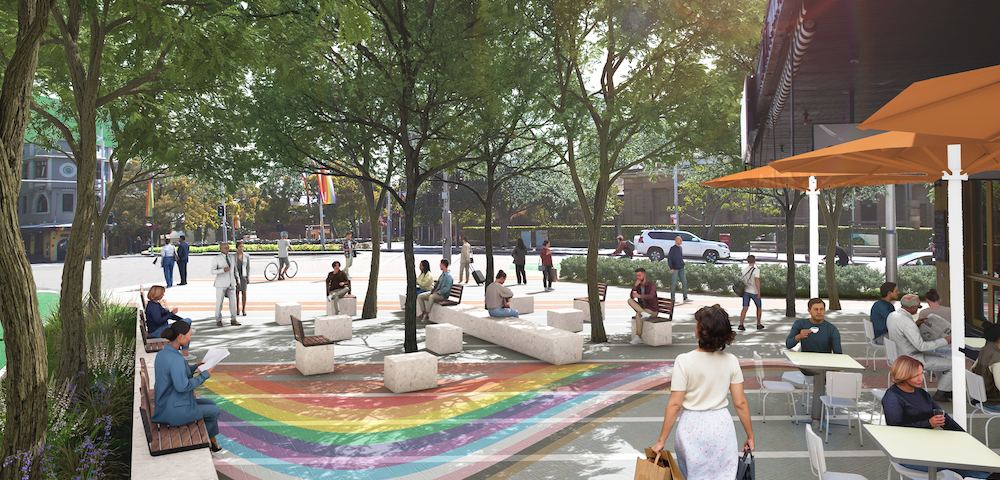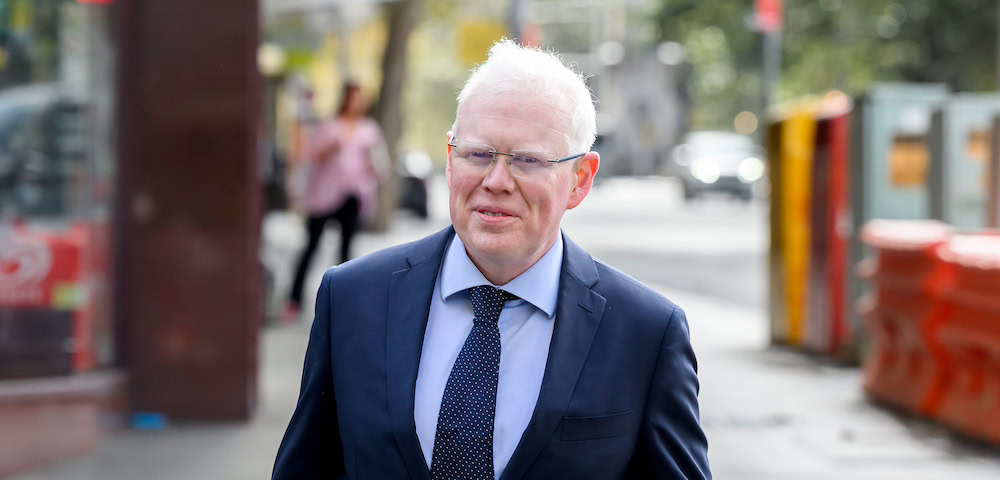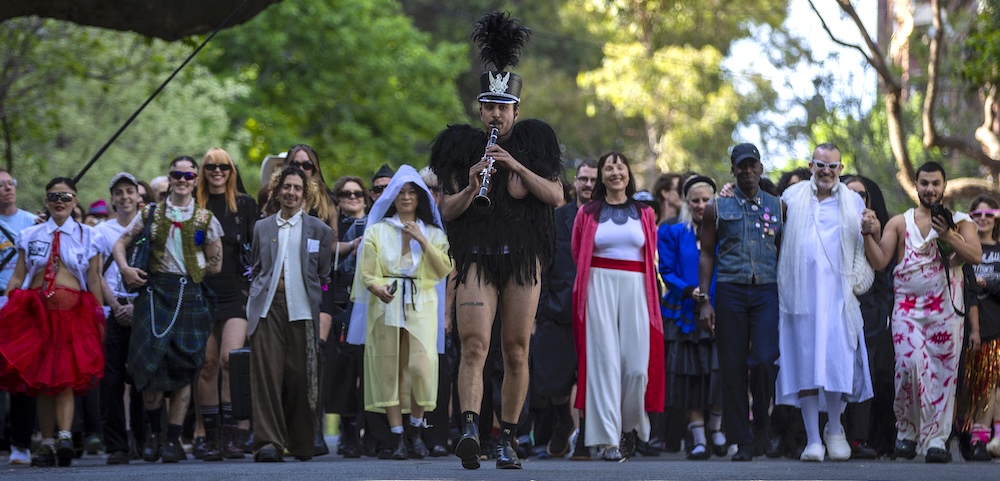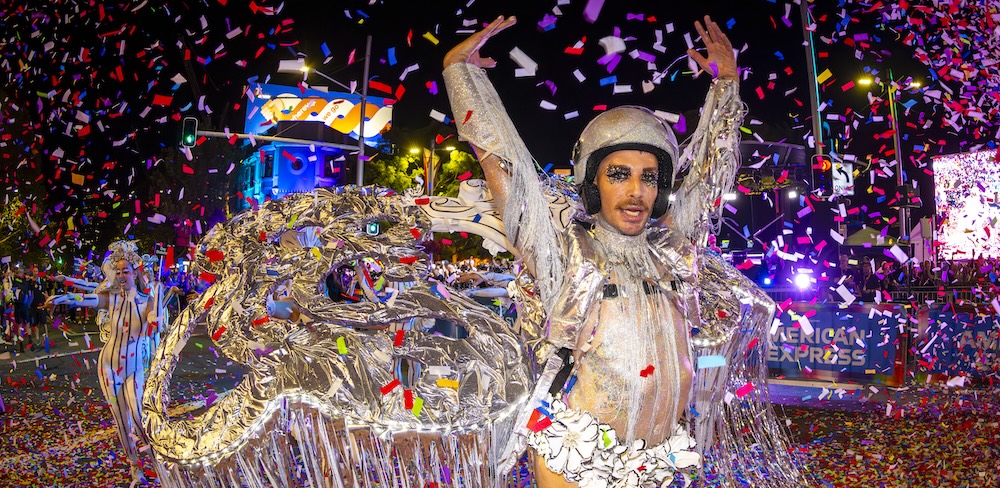
Registry for gays: ALP
Community leaders and activists have responded with mixed feelings towards Labor’s new policy to recognise same-sex relationships through a nationally consistent registration scheme.
Based on the Tasmanian registration model, the policy states, Labor will ensure that all couples who have a mutual commitment to a shared life do not suffer discrimination because they are not married.
Shadow attorney-general Joe Ludwig explained to the delegates the policy would not enable gay marriage or civil unions.
There is no ceremony involved, and they would not come under the marriage power in the Constitution, he said.
These schemes would simply act as a means by which any de facto couple could register their relationship for the purposes of authentication by government.
Ludwig reminded the delegates the party had already committed to removing discrimination in federal legislation if it gained office.
This amendment does not change that. While this amendment speeds up a number of legal and administrative processes it does not in and of itself confer any additional rights, he said.
An overwhelming majority at the ALP National Conference passed the resolution last Friday, despite some objections from the Labor Right.
Delegates said Joe de Bruyn, Shop Distributive and Allied Employees Association national secretary, was shouted down by conference delegates and observers for saying the policy demeaned marriage.
NSW attorney-general John Hatzistergos told the conference his government would not enact such a scheme until it had the opportunity to review a law reform inquiry.
After the debate, Ludwig told a Rainbow Labor forum the process would require each state attorney-general to introduce legislation to effect the schemes.
To that extent, the focus will shift somewhat from the federal party to each of the states and territories -“ and that is a matter that I’m sure all the branches of Rainbow Labor will take up at a state and territory level.
Ludwig also committed himself to consult with as many community organisations as possible in the lead-up to the federal election.
Some have already left me in no doubt they would prefer civil unions or gay marriage, he said.
Ludwig said the policy was a necessary first step and the most realistic for the gay and lesbian community.
The resolution carried at the conference with overwhelming support, but a proposition for civil unions or gay marriage would have been defeated.
Louise Pratt, Western Australian MLC and Senate candidate, told the forum that the state-based factor of the proposal would present the greatest challenge.
Unfortunately what we heard from the attorney-general from NSW wasn’t encouraging. Without uniform legislation passed by all the states, whether they be Labor or Coalition, the scheme would be unconstitutional.
Pratt said although the move was a step in the right direction, a registry scheme was a cop-out to appease some factions within the party.
Nick Wood from Rainbow Labor said the issue of same-sex relationships was the only contentious debate of the day, and he hoped this first step would lead to even greater equality for same-sex relationships down the track.
Given that three years ago the only contentious debate was refugees and then this year everyone had caught up on that, hopefully that means at the next conference everyone will have caught up on marriage or civil unions, he said.
Lobbyists outside the party also looked to the future, with Ghassan Kassisieh from the Gay and Lesbian Rights Lobby saying the recognition stalemate looked to be over, which would open even further options later on.
The relationship recognition debate is not politically -˜too hard’ -“ even the M word could be politically utterable in time with sufficient leadership and the courage to begin informed public debate, he said.
Kassisieh said he was delighted that the state-based schemes were adopted by such a large majority of ALP delegates, but the community needed more.
A registration certificate is practically beneficial, but I would greatly doubt that it would satisfy the symbolic and ceremonial aspects of formal recognition desired by so many in the GLBT community, he said.
Whilst the Lobby appreciates the potential for backlash from some sectors as a result of progressive law reform, the ALP needs to offer the GLBT community a policy worth voting for.
Kassisieh said the Lobby would meet with Hatzistergos later in May to ascertain where the NSW will sit as this policy moves towards the federal election.
It wasn’t clear what his objection was during the debate. We don’t want NSW to be the only state to hold back these potential reforms.
The reaction of lobbyists from other states ranged from cautious optimism to total disgust.
Rodney Croome, who helped create the Tasmanian registration scheme on which the policy is based, was pleased by the endorsement but felt deeply disappointed that Labor had no intention of enacting a national registry.
Same-sex couples in a tardy or recalcitrant state shouldn’t have to pay the price of the state government’s failure to act, he wrote.
Croome said he hoped states would have the option to progress, such as allowing a ceremony.
This policy will prove a disaster if it fossilises relationship recognition in the year 2003, the year the Tasmanian Relationship Act was passed.
Some were also concerned by the language of the policy, which stated the schemes would not mimic marriage.
Peter Furness from Australian Marriage Equality said the partnership registry was worthwhile but fundamentally discriminatory.
It opposes the minimal ceremonial requirement of an Australian marriage applying to same-sex couples because this is the main objection of the Australian Christian Lobby.
Furness said the concessions were about bending over backwards to appease those who hate us.
Labor chose today not to resolve a political issue, but to prolong it.




